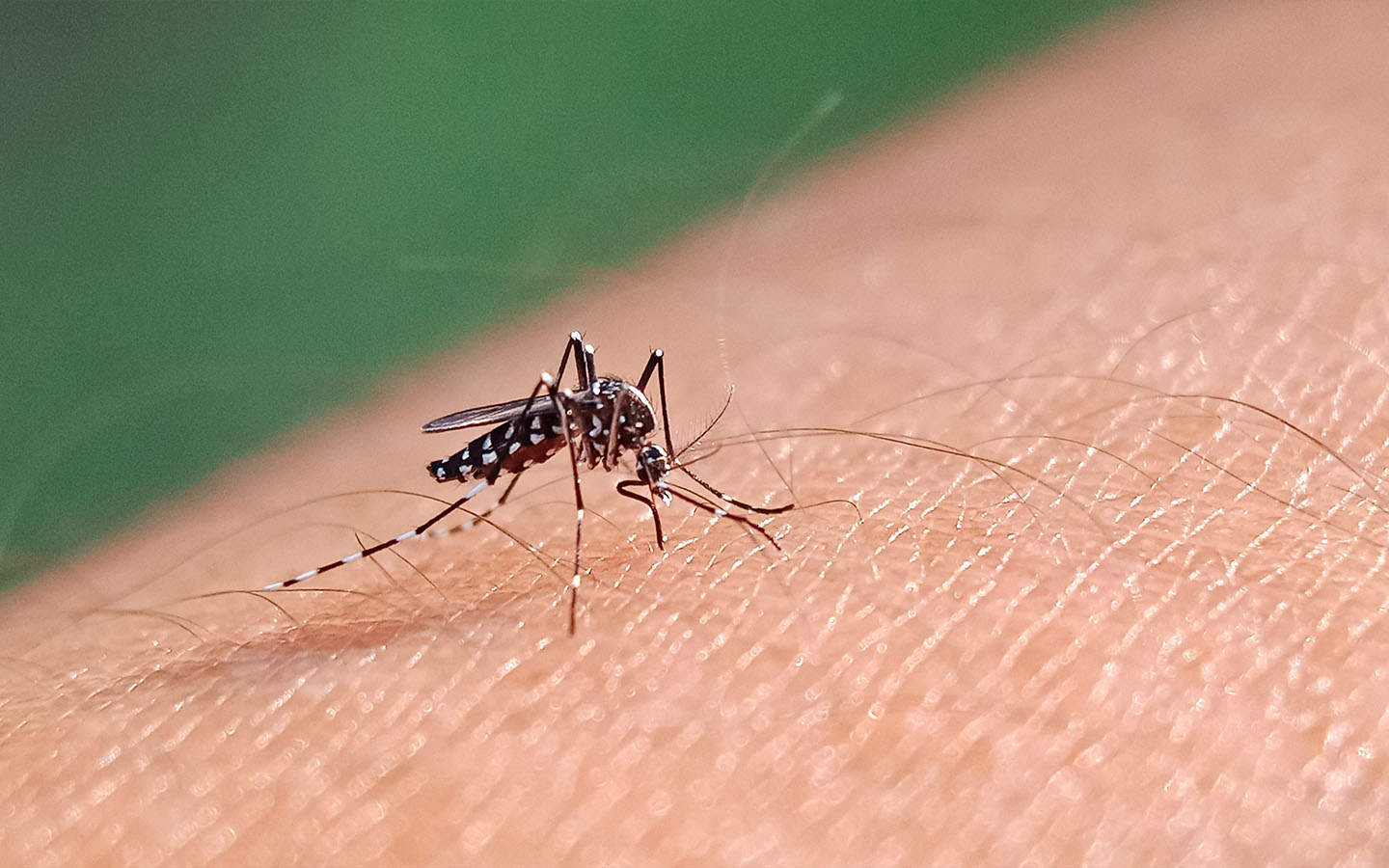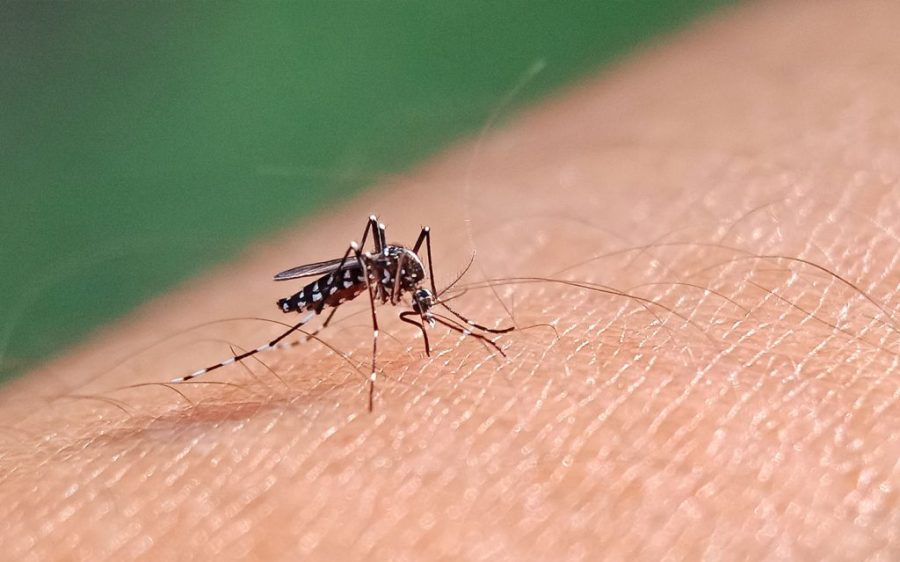Faced with a growing number of dengue cases and deaths, Timorese authorities are releasing thousands of mosquitoes bred to slow the spread of disease.
On Monday, the Timorese government, with support from the Australian health research Institute Menzies, released 8,000 Aedes aegypti mosquitoes carrying the Wolbachia bacterium in the capital Dili. According to the Portuguese news agency Lusa, they targeted four administrative districts – Dom Aleixo, Vera Cruz, Nain Feto, and Cristo Rei – where the highest number of cases have been reported.
Dengue cases in Timor-Leste have risen sharply in recent years, according to data from the Ministry of Health, with more than 5,600 infections and at least 58 deaths since 2022. From January to July this year, the country saw 909 cases and at least seven deaths.
“We all know that in recent years, dengue cases have increased significantly, resulting in many deaths, especially among our children,” said José dos Reis Magno, a deputy health minister, after the launch in Dili.
[See more: New dengue fever case recorded in Macao as region battles mosquito-borne disease]
The new Wolbachia method, developed by the World Mosquito Program, offers a safe, effective tool for combatting mosquito-borne illnesses. Magno noted successful implementation of the method in neighbouring Indonesia and Australia has shown positive results. “I guarantee and believe that this method will help reduce dengue cases in Timor-Leste,” he said.
Magno has reason to be confident. A pilot programme in Brazil’s Niterói, a city across the bay from Rio de Janeiro, documented a roughly 90-percent drop in dengue cases in the five years after Wolbachia mosquitoes were released compared to the 10 years prior. In Rio, where no mosquitoes were released, cases remained high during the same period.
Rates of chikungunya and zika in Niterói also plummeted, thousands of cases in the five years prior to introduction reduced to just a handful in the five years after.
Wolbachia works by blocking reproduction of viruses like dengue in the bodies of Aedes aegypti mosquitoes. The bacterium is naturally occurring, found in half of insect species, including some mosquitoes, making it a safe, environmentally friendly option. It’s also self-sustaining once a stable population is established, passing from one generation to the next.






